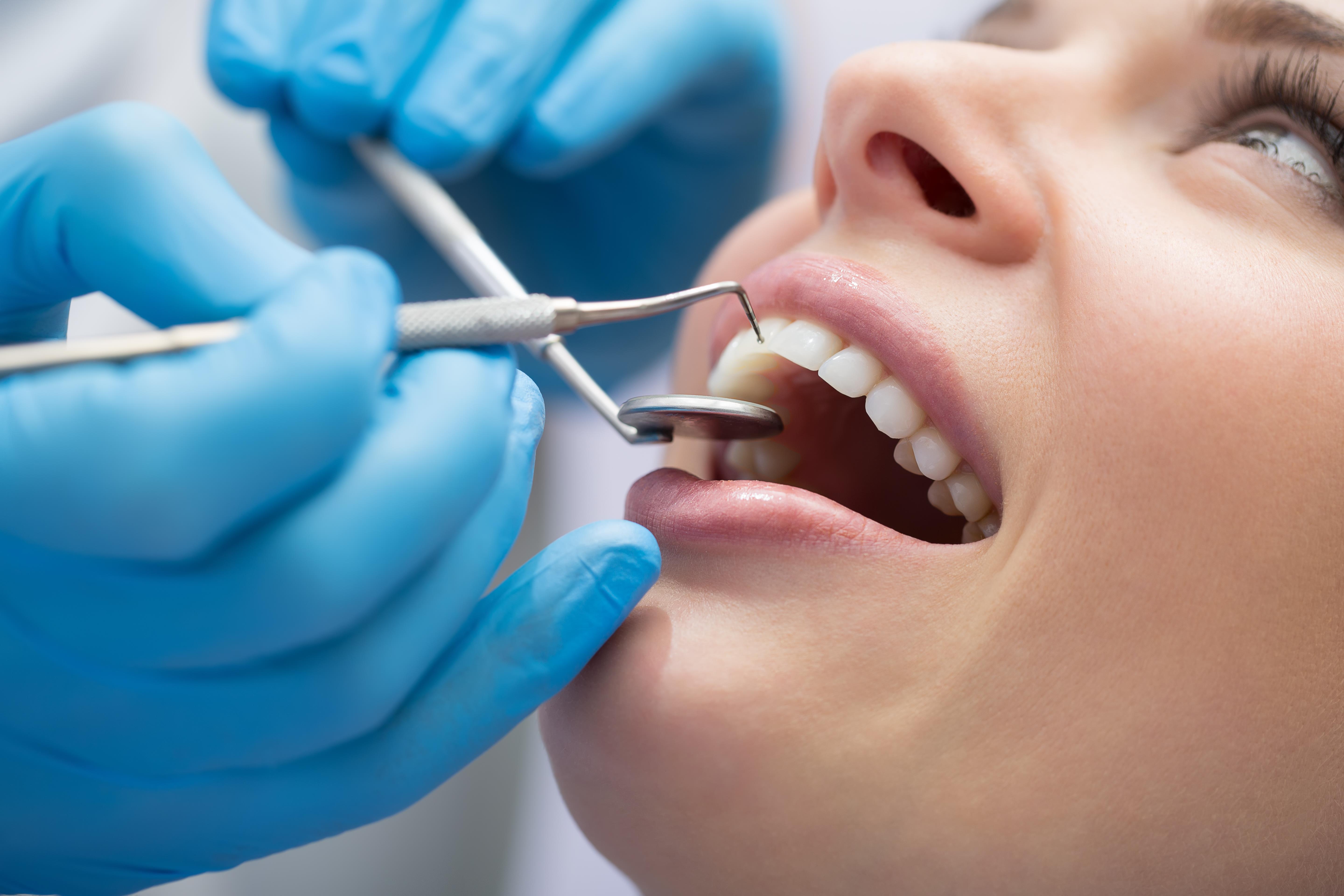An Overview to Typical Oral Problems That Need a Dentist's Care
Recognizing the series of dental conditions that require professional care is extremely important for keeping ideal dental health and wellness. Toothaches, as an example, can be symptomatic of serious problems such as dental caries, fractured teeth, or abscesses, each calling for particular treatments like fillings or root canals. Gum illness, from the very early phases of gingivitis to more extreme periodontitis, highlights the value of routine dental exams and cleanings. In addition, impacted wisdom teeth and jaw disorders can present considerable discomfort and difficulties. Making sure prompt visits to the dental professional can minimize these concerns efficiently, yet what precisely are the signs and therapies included?
Toothaches
Toothaches are a common dental condition that can vary from mild pain to severe pain, often indicating an underlying issue that needs expert interest. This discomfort can come from a variety of resources, consisting of oral cavities, split or fractured teeth, and oral abscesses. Each of these problems positions considerable risks if left neglected, possibly bring about much more severe problems.
Oral dental caries, also understood as cavities, are triggered by the buildup of plaque that wears down tooth enamel, leading to openings or pits in the influenced teeth. Abscesses are agonizing infections at the root of a tooth or between the periodontal and a tooth, usually resulting from extreme degeneration or without treatment cavities.
Reliable treatment of toothaches includes dealing with the source. This may include fillings for dental caries, crowns for split teeth, or origin canals and anti-biotics for abscesses. Very early treatment by a dental expert can avoid further deterioration and minimize discomfort, guaranteeing ideal dental wellness.
Periodontal Disease

The main reason of gum tissue illness is bacterial plaque, a sticky, anemic movie that frequently bases on teeth. Poor dental hygiene, smoking, genetic predisposition, and particular medical conditions, such as diabetes, can intensify the danger of developing gum tissue illness. Normal oral examinations are important for very early detection and monitoring of this condition.
Therapy for gum tissue disease varies from professional oral cleaning and scaling to advanced treatments like origin planing and gum surgical procedure, depending upon the extent. Maintaining good dental health methods, consisting of cleaning two times daily, flossing, and using a disinfectant mouthwash, can substantially reduce the threat of gum tissue condition and promote healthier gums.
Dental Caries
Dental caries, also known as tooth decays, are a typical oral condition defined by the destruction of tooth enamel because of acid-producing microorganisms in the mouth. These microorganisms grow on sugars and starches from food and beverages, creating acids that slowly wear down the enamel, resulting in tooth cavity formation.
Early-stage tooth cavities may disappoint symptoms, but as they proceed, they can create tooth pain, level of sensitivity to cool or hot, visible holes or pits in the teeth, and discoloration. If left untreated, cavities can permeate much deeper layers of the tooth, possibly resulting in severe pain, infection, and even missing teeth.
Preventing tooth cavities includes a mix of good dental health techniques and dietary routines. Routine cleaning with fluoride toothpaste, flossing, and regular oral exams are essential. Dentists might also suggest extra safety nets, such as fluoride therapies and dental sealants, to protect teeth from degeneration.
Treatment for cavities depends on their severity. Small tooth cavities can be attended to with dental fillings, which restore the tooth's framework. Much more innovative instances may call for crowns and even origin canal therapy if the decay has actually reached the tooth's pulp. Prompt treatment by a dental expert is necessary to avoid difficulties and maintain overall dental health and wellness.
Impacted Wisdom Teeth
Affected wisdom teeth are a common oral problem check my source that takes place when the 3rd molars, commonly described as wisdom teeth, fall short to fully emerge or align effectively within the mouth. This condition commonly results from inadequate area in the jaw or an irregular growth angle of the teeth. Influenced wisdom teeth can lead to like it a variety of difficulties, including pain, infection, and damage to surrounding teeth.
When wisdom teeth come to be impacted, they are commonly partially erupted or stay completely beneath the periodontal line. This partial eruption can develop a path for bacteria to enter the gum tissues, bring about infections that show up as swelling, pain, and even fever (dentist eugene oregon). Additionally, affected knowledge teeth can apply stress on neighboring teeth, potentially triggering crowding or changing
An extensive oral assessment, normally entailing X-rays, is essential for identifying affected wisdom teeth. Routine dental examinations are suggested to monitor the problem and maintain oral health and wellness.
Jaw Conditions
Conclusion

Dental dental caries, additionally known as cavities, are triggered by the accumulation of plaque this link that deteriorates tooth enamel, leading to holes or pits in the impacted teeth. Abscesses are uncomfortable infections at the origin of a tooth or in between the gum tissue and a tooth, normally resulting from severe degeneration or without treatment dental caries.
Affected wisdom teeth are a prevalent oral issue that happens when the 3rd molars, commonly referred to as wisdom teeth, fail to fully arise or straighten correctly within the mouth. Influenced wisdom teeth can lead to a range of difficulties, consisting of damages, discomfort, and infection to surrounding teeth.
In addition, impacted wisdom teeth can exert pressure on surrounding teeth, potentially triggering crowding or changing.